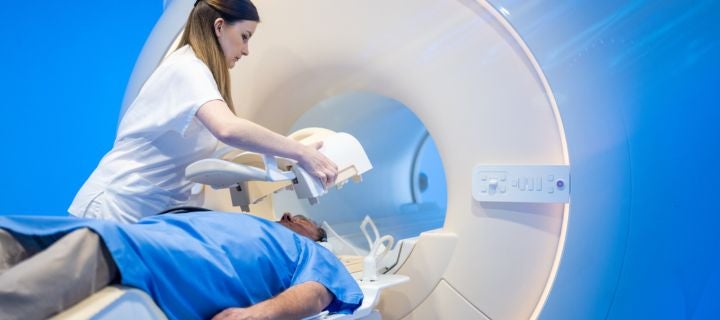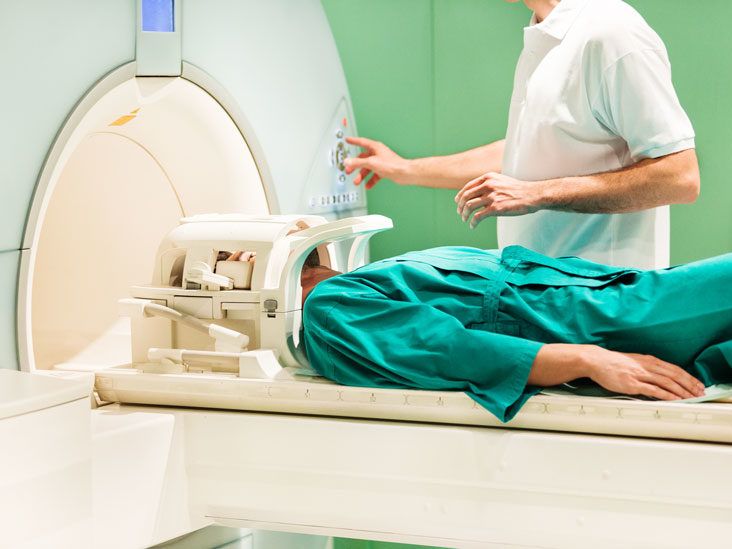Benefit of Mri
In the realm of medical imaging, Magnetic Resonance Imaging (MRI) stands as a prominent tool, offering numerous benefits for both patients and healthcare professionals. This article aims to explore the advantages of MRI, focusing on its improved diagnostic accuracy rf protection, non-invasive nature, and exceptional visualization of soft tissues.
Additionally, we will delve into its role in the enhanced detection of cancer and tumors, as well as its contribution to the evaluation of brain and spinal cord disorders.
Stay tuned to discover the remarkable benefits of MRI in the medical field.

Improved Diagnostic Accuracy
Improved diagnostic accuracy is a key advantage of utilizing MRI technology in medical imaging.
MRI, or Magnetic Resonance Imaging, offers detailed and high-resolution images of the body’s internal structures, aiding in the early detection of diseases.
By providing clear and precise images accentrix company limited, MRI enables healthcare professionals to accurately identify and diagnose various conditions, including tumors, cardiovascular diseases, and neurological disorders.
Early disease detection plays a crucial role in improving treatment planning and patient outcomes. With MRI, physicians can detect diseases at their earliest stages, allowing for early intervention and better treatment outcomes.
The ability to accurately pinpoint the location and extent of diseases using MRI helps in developing personalized treatment plans tailored to each patient’s specific needs.
Overall, improved diagnostic accuracy through MRI technology enhances the effectiveness of medical interventions, leading to better patient care and outcomes.
Non-Invasive Imaging
Non-invasive imaging techniques, such as magnetic resonance imaging (MRI), have become essential tools in the field of diagnostic medicine. MRI applications have expanded greatly in recent years, thanks to technological advancements that have improved the quality and speed of imaging.
One important application of MRI is in the diagnosis and monitoring of various diseases and conditions, including cancer, neurological disorders, and musculoskeletal injuries. MRI allows for detailed visualization of internal structures and can provide valuable information about the size, location, and characteristics of tumors or abnormalities.
Furthermore, advancements in MRI technology have led to the development of specialized techniques, such as functional MRI (fMRI), which can map brain activity and aid in the understanding of cognitive processes. These advancements continue to enhance the diagnostic capabilities of MRI and improve patient outcomes.
Detailed Visualization of Soft Tissue
The detailed visualization of soft tissue provided by magnetic resonance imaging (MRI) has revolutionized the field of diagnostic medicine, allowing for precise identification and characterization of abnormalities or tumors.
MRI utilizes a powerful magnet and radio waves to generate high-resolution images, providing clinicians with exceptional anatomical details. Unlike other imaging techniques, such as X-rays or CT scans, MRI does not use ionizing radiation, making it a safe and non-invasive option for patients.
The high-resolution images produced by MRI allow for the detection of subtle changes in soft tissues, such as the brain, spinal cord, or joints. This enables healthcare professionals to accurately diagnose conditions, monitor disease progression, and plan appropriate treatments.
With its ability to provide exceptional anatomical details, MRI has become an essential tool in modern medicine, enhancing patient care and improving outcomes.

Enhanced Detection of Cancer and Tumors
Magnetic resonance imaging (MRI) has significantly contributed to the enhanced detection of cancer and tumors, allowing for accurate diagnosis and effective treatment planning. MRI utilizes powerful magnets and radio waves to create detailed images of the body’s internal structures, providing valuable information about the presence, location, and extent of tumors.
By providing a high level of soft tissue contrast, MRI enables early detection of cancer and tumors, even in their early stages when they may not be visible on other imaging modalities. This early detection plays a crucial role in improving treatment outcomes, as it allows for timely intervention and the implementation of appropriate treatment strategies.
MRI also aids in the evaluation of treatment response, facilitating the monitoring of tumor size, regression, or recurrence. Overall, MRI has revolutionized the field of oncology by enabling early detection and contributing to improved treatment outcomes.
Evaluation of Brain and Spinal Cord Disorders
MRI provides valuable insights into the evaluation of brain and spinal cord disorders, offering detailed images that aid in accurate diagnosis and treatment planning. This imaging technique is particularly useful in the evaluation of neurodegenerative diseases and the assessment of traumatic brain injuries.
Neurodegenerative diseases, such as Alzheimer’s and Parkinson’s, can be challenging to diagnose due to the progressive nature of the disorders. MRI allows for the detection of structural changes in the brain, such as atrophy and the presence of lesions, which can help in confirming the diagnosis and monitoring disease progression.
Additionally, MRI is essential in assessing traumatic brain injuries, providing detailed images of the brain’s anatomy and identifying any hemorrhages, contusions, or other injuries that may require immediate medical intervention.
Overall, MRI plays a crucial role in the evaluation of brain and spinal cord disorders, enabling accurate diagnosis and effective treatment planning.
Conclusion
In conclusion, MRI offers significant advantages in diagnostic accuracy, non-invasive imaging, and detailed visualization of soft tissue.
Additionally, it enhances the detection of cancer and tumors, as well as enables the evaluation of brain and spinal cord disorders.
These benefits make MRI a valuable tool in the field of medical imaging, providing healthcare professionals with valuable insights for accurate diagnosis and treatment planning.



